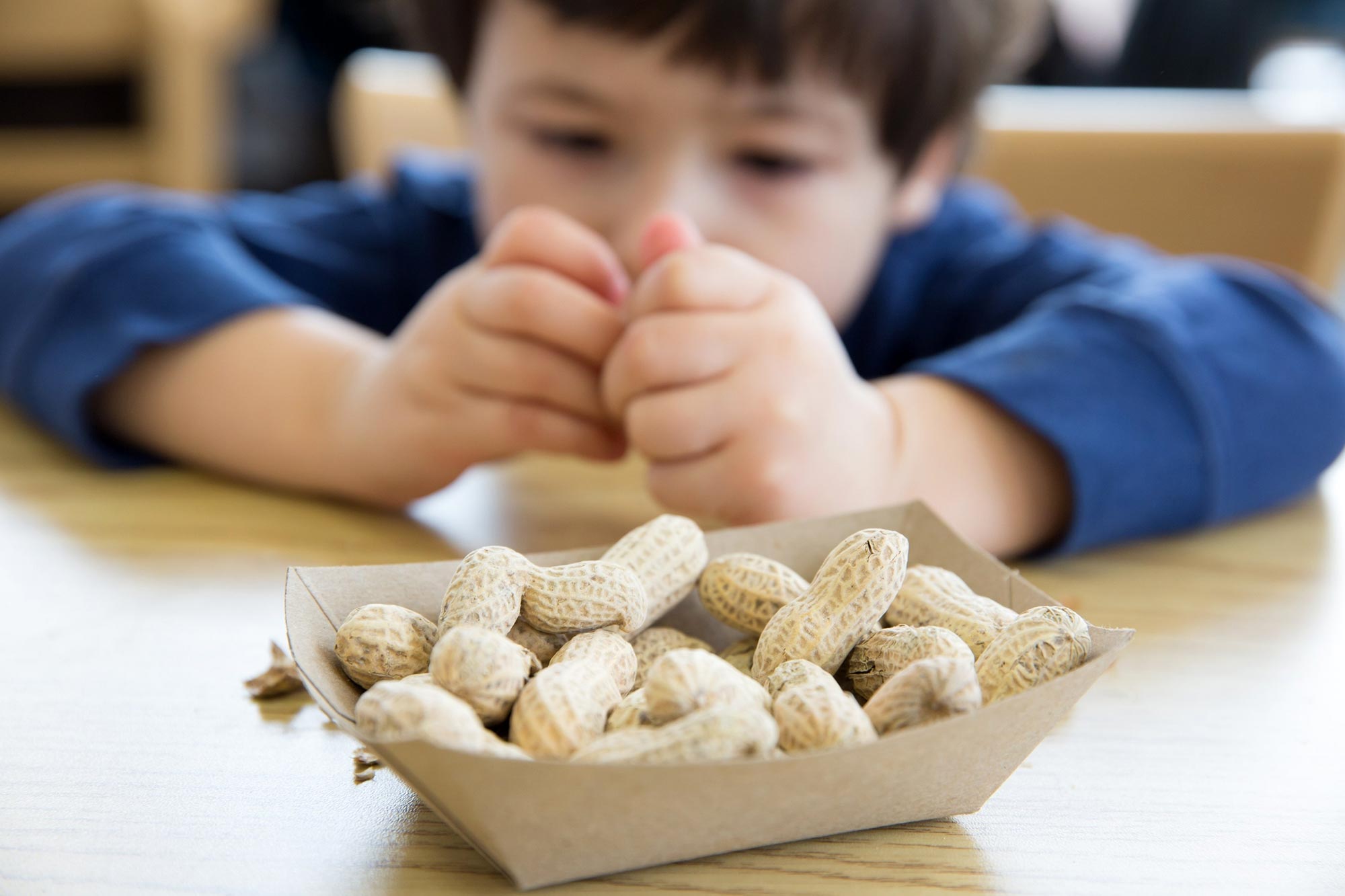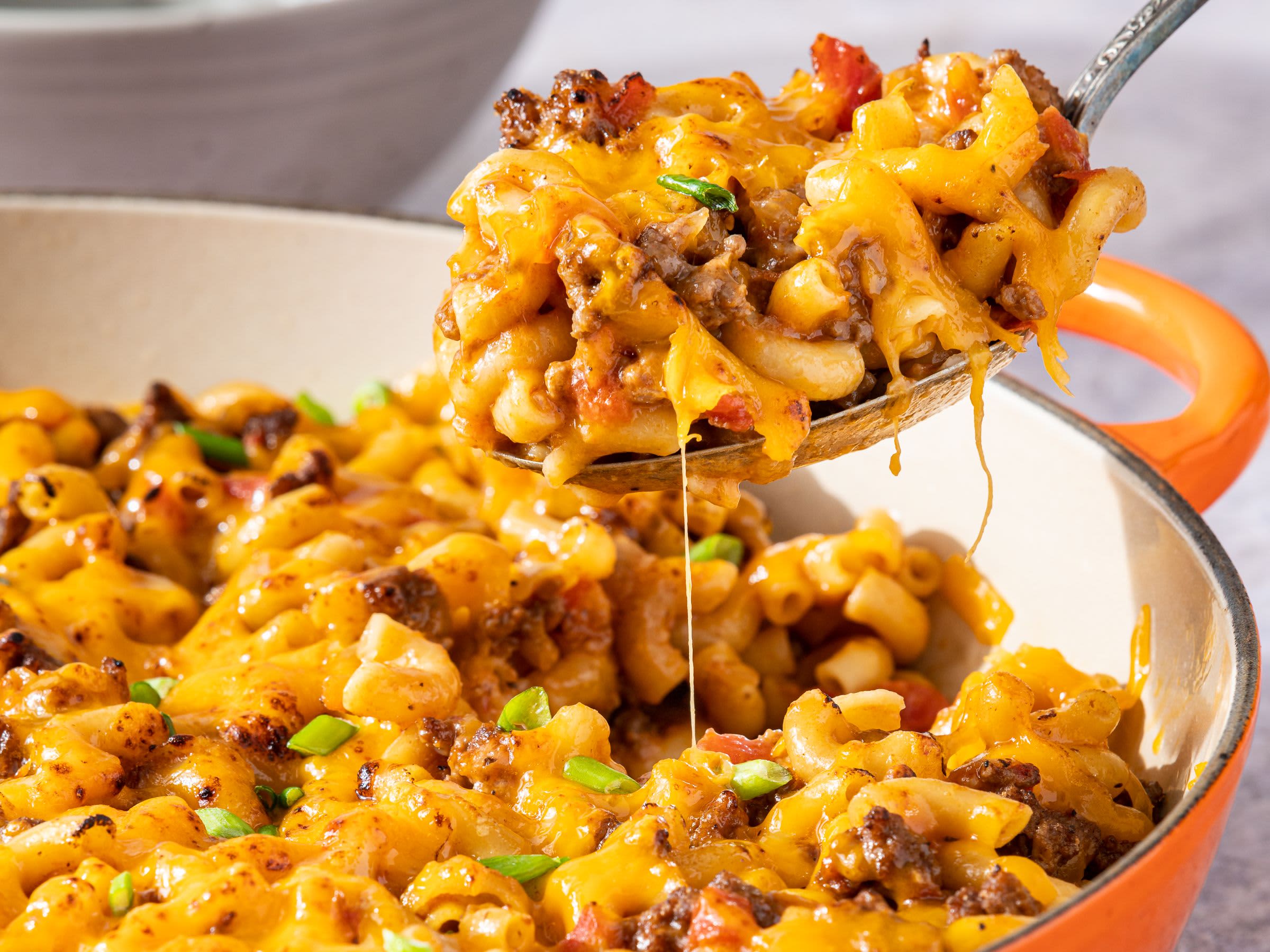
Immediately after 18 months of procedure, 74% of sufferers who been given the mix treatment attained remission, in contrast to 4% of these who gained a placebo.
Immune adjustments can bring about peanut allergy remission
The potential of new, a lot more focused allergy therapies is now attainable thanks to the identification of the important immunological modifications that permit the remission of peanut allergy in small children.
For the very first time, researchers found out that unique gene networks are rewired to drive the changeover from peanut allergy to clinical remission right after blend therapy of a probiotic and peanut oral immunotherapy.
The analysis, led by the Murdoch Children’s Research Institute (MCRI) and the Telethon Kids Institute, discovered that community reprogramming effectively shuts down the allergic immune reaction that brings about a food stuff allergy. The examine was published in the journal Allergy.
Murdoch Children’s Professor Mimi Tang, who led the research, mentioned it was the 1st to establish the advanced gene-to-gene interaction and connectivity underlying medical remission of peanut allergy.
“The immunological alterations leading to remission of peanut allergy have been largely unfamiliar,” she explained. Prior reports had typically concentrated on inspecting the levels of gene expression, devoid of also discovering how genes interact with each and every other. But genes do not function in isolation rather, organic responses are managed by large quantities of genes speaking with just about every other, so it made feeling to seem at these interactions far more closely.
“What we identified was profound variations in network connectivity styles among children who have been allergic and individuals who had been in remission. These similar improvements were also found when we in comparison gene networks right before and immediately after immunotherapy in the kids who obtained remission next immunotherapy.”
62 Melbourne-dependent little ones with peanut allergic reactions, ages 1 to 10, participated in the randomized managed experiment. They had been either offered a placebo or a probiotic treatment that included oral immunotherapy (the progressive introduction of the allergenic foodstuff). Just after 18 months of remedy, 74% of people getting the combo therapy had remission, in contrast to 4% of these acquiring a placebo.
PRT120, a direct prospect from Prota Therapeutics, an Australian biotech firm focusing on commercializing its breakthrough allergy immunotherapy treatment method for youngsters with existence-threatening peanut allergic reactions, was the peanut oral immunotherapy blended with the probiotic in the examine.
The group led by Professor Tang lately shown in various investigate that two treatments, peanut oral immunotherapy by yourself and a combination of probiotics and peanut immunotherapy, were being each really prosperous in causing remission and desensitization. Remission was received in about half of the taken care of young children, letting them to cease receiving treatment and start off feeding on peanuts with out possibility.
Murdoch Children’s Dr. Sarah Ashley stated whilst oral immunotherapy could efficiently induce desensitization and remission, desensitization often waned right after procedure ended or even during ongoing upkeep dosing.
“Certain changes in the allergen-particular immune cells, referred to as Th2 cells, are critical to obtaining long lasting remission,” she mentioned. Th2 cells are critical for making allergen-particular antibodies and the advancement of foodstuff allergy symptoms. We located that the Th2 signaling that drives allergy is ‘turned off’ in youngsters in remission.”
Food allergy is a global general public health issue, affecting 10% of infants and 5-8% of little ones.
Telethon Little ones Institute’s Dr. Anya Jones said because there was no cure for food stuff allergic reactions, management relied on avoidance of the allergenic food stuff, ensuing in lowered quality of daily life.
“Understanding the intricate immune processes that support remission will deliver greater insight into essential motorists of cure achievement and possibly discover novel targets for much more productive solutions that provide lengthy-expression solutions for sufferers,” she explained.
Ju Lee Ng’s daughter Stella, 9, was identified with a peanut allergy at 18 months of age just after breaking out in hives from a meal containing traces of the nut.
But Ju Lee claimed right after having part in a Murdoch Children’s allergy demo, Stella experienced been in scientific remission for pretty much 4 several years and now eats peanuts often.
“Stella’s top quality of lifetime has improved significantly given that the trial,” she mentioned. Her level of stress and anxiety has lowered dramatically and she has the freedom to appreciate diverse forms of food stuff. Stella no for a longer time has to constantly verify food stuff labels for peanuts and temporary her instructors or friends’ moms and dads about her allergy. She can now dig in and delight in a bag of peanut M&Ms.
“We beforehand had to keep away from journey to countries that use loads of peanuts in the foodstuff, like Malaysia, wherever my partner and I are from. Soon after Stella realized remission we had been so excited to be able to vacation on a household holiday getaway to Thailand. We attempted regional dishes and enjoyed an astounding vacation with out the worry that Stella could have an allergic response.”
Ju Lee mentioned it was reassuring to learn that new remedies could be created off the back of the hottest review results by the Murdoch Children’s.
“This study will give a ton of hope to family members who have small children with a peanut allergy,” she stated. We hope other people can practical experience the same perception of ease and comfort we now have with a little one who can try to eat peanuts freely with out worry of a response.”
Reference: “Remission of peanut allergy is linked with rewiring of allergen-driven T helper 2-linked gene networks” by Sarah E. Ashley, Anya C. Jones, Denise Anderson, Patrick G. Holt, Anthony Bosco and Mimi L. K. Tang, 25 Might 2022, Allergy.
DOI: 10.1111/all.15324
Researchers from the College of Melbourne, The Royal Children’s Hospital, and The University of Western Australia also contributed to the study.
The review was funded by the National Well being and Clinical Exploration Council Australia.






